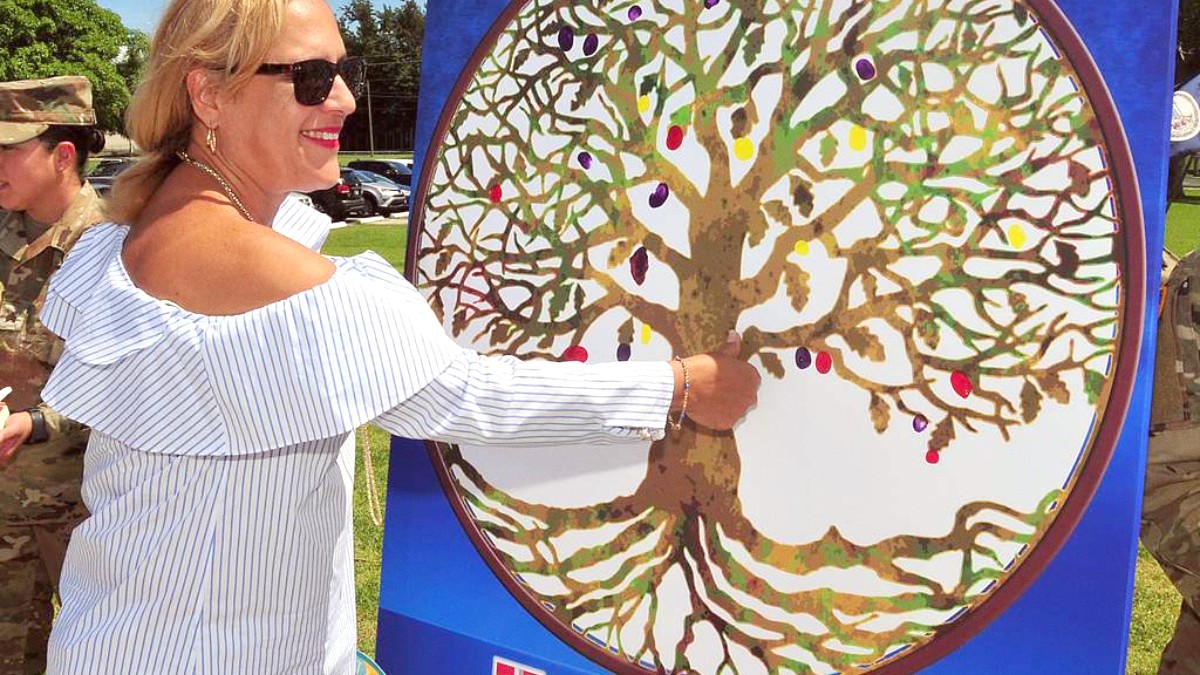
Amazon Basin, Peru
Explore the rainforest on foot, with trails catering to various fitness levels and interests.
Most lodges maintain networks of well-kept trails. These range from easy (flat, short loops suitable for all fitness levels) to moderate (longer, potentially muddy, with some gentle elevation changes). Guides adjust the difficulty of treks to the group's fitness and interests.
This flat 3 km walk to the lake may become muddy depending on the season. The walk leads through varied forest types. It's an accessible option for many visitors.
Longer, more challenging treks are available from lodges deep in the reserve. The Tambopata Research Center, for example, furnishes more demanding hikes. These suit experienced hikers seeking a more rigorous adventure.
Cycling does not are a common or recommended activity in Puerto Maldonado. This stems from challenging terrain, intense heat, and a lack of dedicated infrastructure. Most visitors concentrate on walking and river-based transport.
Forge connections with the local cultures and traditions of the Amazon.
Some eco-lodges, especially those with community partnerships like Posada Amazonas, arrange evening presentations furnishing a glimpse into traditional Amazonian culture.
These visits often integrate into lodge itineraries. They furnish a respectful way to interact and back local livelihoods.
Interacting with local guides and community members furnishes an excellent opportunity to practice your Spanish. Learning a few local phrases deepens your interactions.
Find tranquility and rejuvenation amidst the Amazon's natural beauty.
Yoga and meditation retreats do not constitute a main focus. However, the serene eco-lodge environment is highly conducive to personal practice.
Some community visits may present insights into traditional shamanic practices or healing with medicinal plants. These are typically observational.
Puerto Maldonado's evening scene generally remains modest, with most activities revolving around the natural environment.
Night walks offer a thrilling opportunity to encounter nocturnal creatures and experience the jungle's sounds after dark.
Enjoy tranquil evenings immersed in the natural sounds of the rainforest, away from urban bustle.
Evenings at lodges often feature educational presentations by guides, covering local wildlife, ecology, and culture.
Mercado Modelo is the central market in Puerto Maldonado town. It furnishes an authentic glimpse into local commerce, selling fresh produce, fish, meats, and prepared food.
Dedicated artisan workshops are limited. Some small shops around the Plaza de Armas sell souvenirs, including items made from local seeds, wood carvings, and textiles.
Brazil nuts (castañas) and products made from them are a major local product. Also look for handicrafts made from local seeds, wood, or natural fibers, and Amazonian-themed art.
Your purchasing choices can positively influence local communities and conservation efforts.
Be mindful of products made from endangered species or illegally harvested wood. Avoid purchasing animal products or objects harmful to the environment.
Supporting the Brazil nut industry typically signifies a sustainable choice.
Ask about the origin of products and how they are made to ensure ethical sourcing.
International shipping from Puerto Maldonado may prove unreliable and costly. Carrying souvenirs with you is often the superior method.
Familiarize yourself with customs regulations regarding natural products (e.g., certain seeds, wood) for your home country.
Investigate any specific import restrictions that may apply to items you wish to bring home, especially natural or animal products.
Always carry sufficient water, insect repellent, and sunscreen for outdoor activities. Respect wildlife from a distance and leave no trace.